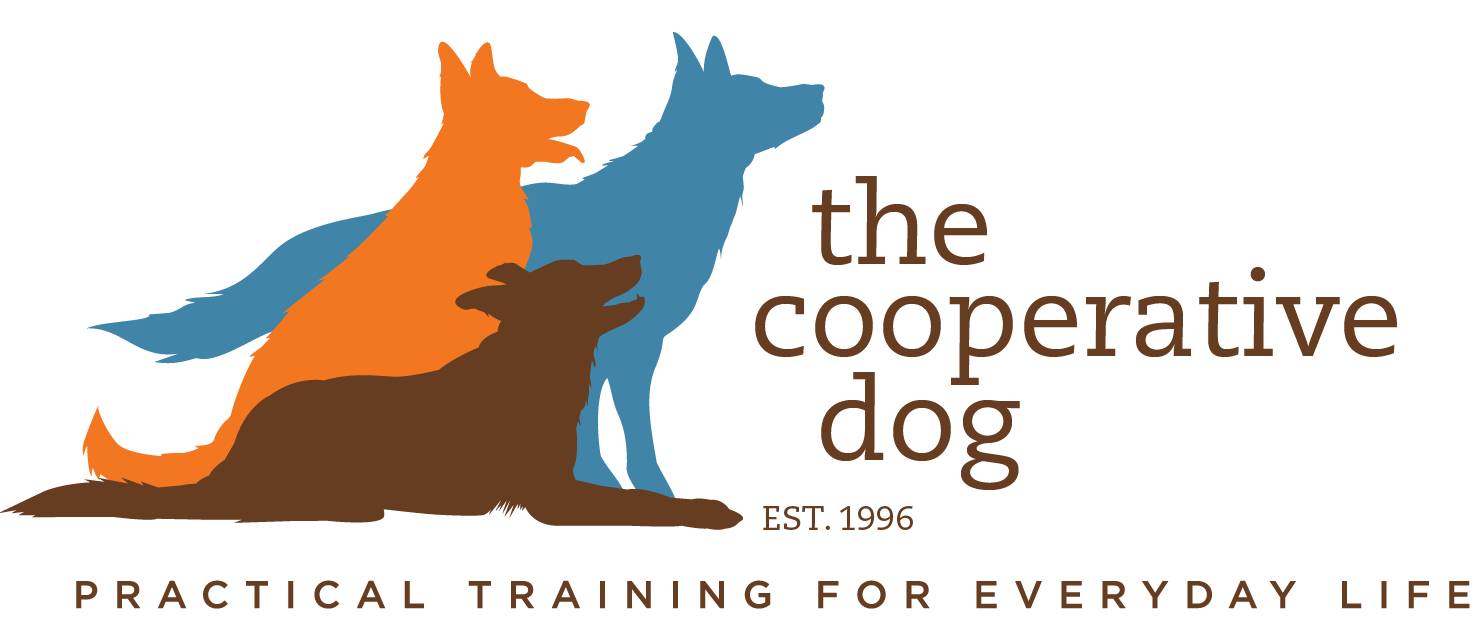Using food in training dogs is nothing new in 2023 any more than it was in 2011 when Hawk joined me or, even in 1995 when Szap, the original cooperative dog came along and changed everything for me.
With Szap, the pet food and treat manufacturing industry had not yet taken off. I used his dog food along with dog biscuits, Cheerios, freeze dried liver and occasionally, hot dogs and string cheese during his early training. He got a taste of what was to come later and would absolutely love love love all the tasty options available today!
Hawk, on the other hand, refused BACON… and high value and other pet store treats that most dogs find irresistible. To this very day at age 12, she is not keen on dog food or the vast majority of manufactured dog treats. Lucky for her that she doesn’t have to suffer through eating food she’d likely say tastes like cardboard.
My point in referring to my personal dogs and their eating habits is to illustrate a few points and assumptions about the use of and emphasis on using high value food rewards in modern dog training.
This blog post may well serve as a public service announcement, especially for first time puppy and dog owners and a reminder to folks who haven’t trained a puppy or dog in a decade or more.
When you bring home your new puppy or dog from a breeder or rescue group, please don’t buy into the ‘every puppy’ or ‘every dog’ needs *insert the thing here* before you learn more about your individual puppy or dog. In this post, I’m talking specifically about HIGH VALUE TREATS. Resist the sales pressure while shopping online or at a local pet supply store as well as the advice given by your local puppy trainer, dog trainer, behavior specialist or dog behavior consultant.
Instead, get to know your puppy or dog as the individual he or she is and note their food preferences and potential dietary limitations. I’ve been helping people with their training and behavior needs for 28 years now and have seen over the last decade a definite increase in dogs with intestinal challenges and even food intolerance.
In people, we know that stress is a huge factor in gastrointestinal issues. The same is true for dogs as, after all, they live with us and their lives are anything but stress free no matter how hard we try to make it so. We must always consider our role in what happens in our love ones’ lives.
It is my opinion that people likely sensitize their puppies’ guts way too early in life by switching foods too often (in their search for the best or right dog food) while also over exposing them to multiple high-value treats they’ve been told they need for training. Keep in mind that this is contrary to what we do with young children. Most children eat a relatively bland diet throughout early childhood and even into their teen years. So it should be with puppies and adolescent dogs as well as with unknown older dogs.
What to do? Go easy. Keep it simple. Use your dog’s food and just one slightly higher value treat at a time for training. That way, you’ll know what the culprit food item was that caused your dog’s distress. Hopefully though, your dog doesn’t experience intestinal distress at all and you can freely give them a variety of delicious foods.
While we cannot change a dog’s genetics, we can do everything in our power to try to prevent the urgent middle of the night potty walks; more veterinary visits than for the average dog; the frequent prescription of powerful and not always safe antibiotics and the ever changing, not always helpful gastrointestinal diets. For far too many dogs, gastrointestinal issues haunt them all the days of their lives. I felt it necessary to write on this topic to hopefully spare dogs the misery and their people the stress.
Eliminating high value treats may be the most important first step in resolving gut issues for many dogs. Better yet, reconsider this ‘variety is the spice of life’ thinking from the beginning. Allow your puppy or new dog to show you what’s right for them.
The only thing that’s true for all dogs is that they count on their people to make good decisions on their behalf.
Vera Wilkinson
The Cooperative Dog
Boston
